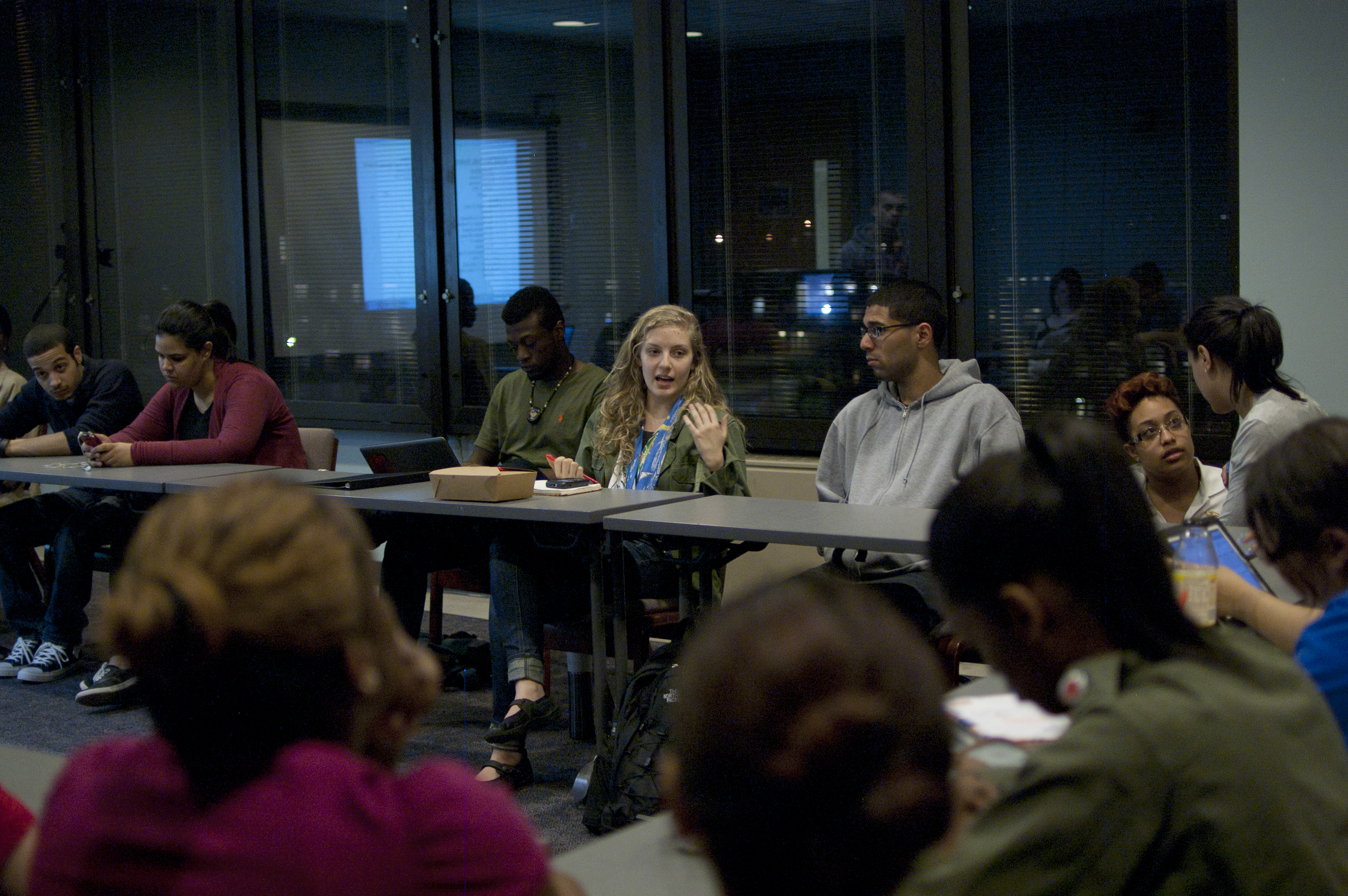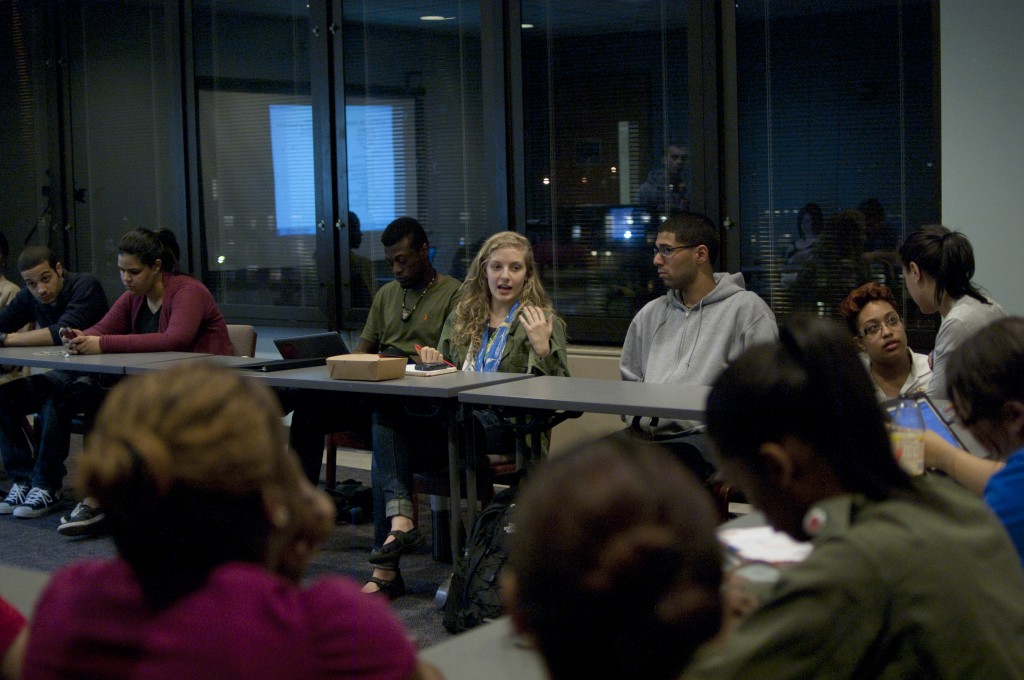
Members of Student Association (SA) met with the president’s cabinet to integrate changes to make SUNY New Paltz’s policy consistent with the Good Samaritan Policy (GSP).
Sen. Wendy Cohen met with the presidential cabinet on March 12 to present her research on GSP. She proposed the cabinet incorporate this policy into the campus code of conduct so students are not hesitant to call for medical help during emergency cases.
“We shouldn’t have to put that responsibility on students to have to decide if students need medical help or not,” Cohen said.
GSP is a part of a state law that passed in 2011 in the “911 Good Samaritan Bill” legislation. The law went into effect in 2012. The policy would give amnesty to any student who called for help for themselves or a friend.
She said the policy isn’t a “‘get out of jail free’ card” and does not condone underage drinking or drug use. Instead, it would decrease the likelihood that a student would hesitate to call for help.
Only the victim and the person assisting them would receive amnesty. She said other violations that occur while someone is under the influence, such as vandalizing, are not excused.
When students are in a situation involving a drug overdose, they are reluctant to call an ambulance due to fear of getting in trouble for underage drinking or drug use, she said.
Cohen brought the issue to the presidential cabinet in hopes they would recommend it to college council, whose members are appointed by Gov. Andrew Cuomo.
She said although she didn’t think members of the presidential cabinet would be opposed to her suggestion to make the campus code of conduct consistent with the state law, they would have to figure out how to implement these changes.
Vice President of Student Affairs Linda Eaton said Cohen’s proposal “was put on the table and [they] are doing what [they need to do].”
Cohen said the administration expressed its concern about who would be held responsible if a student gets transported to the hospital under the GSP. She said the administration expressed to her they would feel responsible for that student because they should have done something to avoid it.
The presidential cabinet seemed supportive of the idea but the “devil is in the details,” Cohen said.
The GSP is implemented in nearly 100 universities. The administration wants to take a look at other SUNY schools which have the policy like SUNY Fredonia and SUNY
Binghamton, to see how they implemented it in their campus code of conduct.
According to Cohen, at the meeting with Eaton and Vice President of Administration and Finance Jacqueline DiStefano said the school practices a policy, which isn’t written in the campus code of conduct or student handbook, that doesn’t punish students the first time they call for help during incidents involving drug or alcohol use.
“If it’s not written in the books then students are not 100 percent confident to call for help,” Cohen said.
She said she strongly believes this alleged practice should be written explicitly in the Student Handbook or Campus Code of Conduct because although they say it is their practice, it is still a concerning issue.

